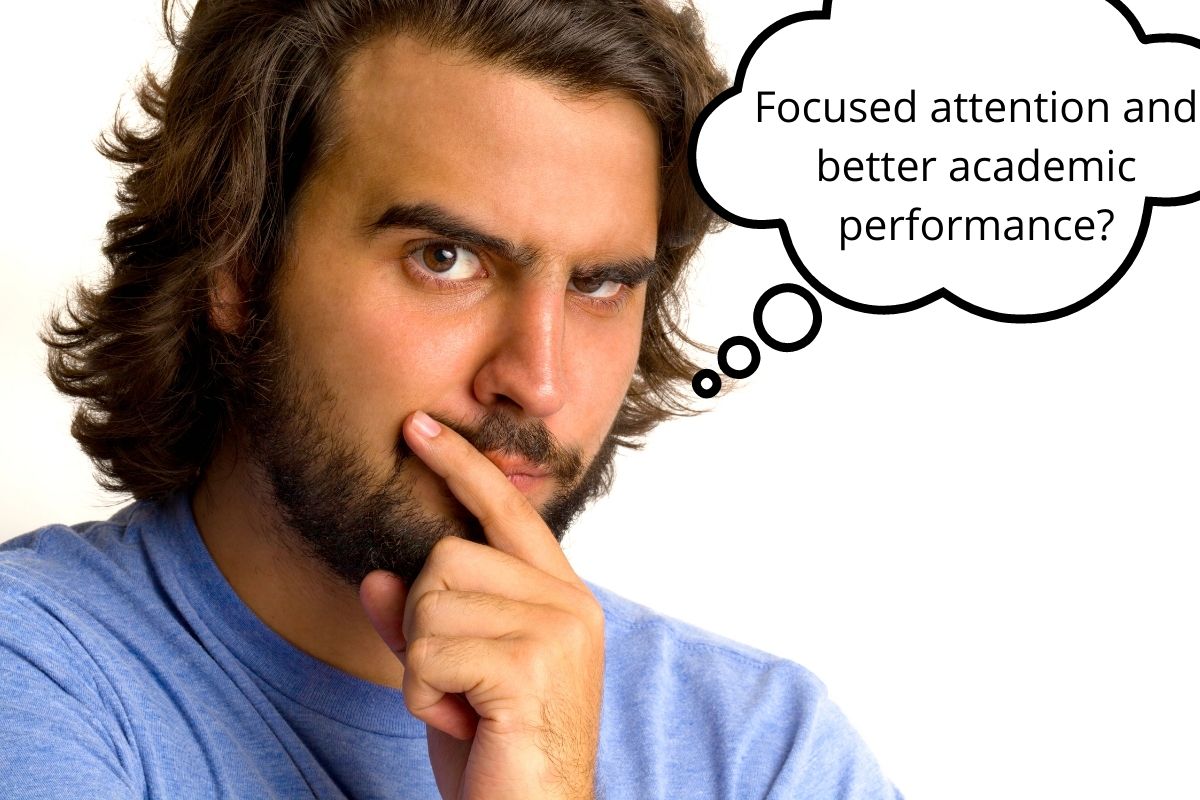
Overview: One of the range of wellbeing/productivity programs offered out of Health, Counselling and Disability Services and Oasis, Mindfulness for Academic Success teaches you how to leverage mindfulness practices for improving your academic performance. Some changes to date have occurred which are covered in this post. Reading time ~ 3 minutes.
You barely have to step outside of your house before a news story about how great mindfulness is will hit you in the face.
Mindfulness has become a very popular topic in the wellbeing space and living in COVID times has seen a massive expansion of wellbeing related content (admittedly I am the author of some of that).
Groan factor aside, mindfulness is a focused state of present moment awareness that can be taught, practised and leveraged for goal pursuit.
It is particularly valuable for those whose work involves focused attention, concentration and management of stress – i.e. students!
If you want to learn how mindfulness practice can be applied to improving academic performance, I can recommend Mindfulness for Academic Success (MFAS – not to be mistaken for MAFS).
This innovative program consists of five 60-minute sessions over five weeks. You will learn to use mindfulness to:
- reduce stress and anxiety
- improve focus
- stop procrastinating
- communicate more effectively
- study and work more efficiently (and with more enjoyment).
The busyness of the first part of the year has meant shifting the dates for MFAS.
The next one is starting 👉Wednesday 27th July, for five consecutive weeks, from 9-10am in the Oasis Common Room👈
Each session builds on the one before, so you must commit to all five sessions, and be willing to undertake daily home practice. Guided audio meditations are supplied for home practice as well as notes from each weekly session.
The course is offered in person at Oasis, Bedford park campus.
There are limited places available in the course. To register your interest email Maureen.germein@flinders.edu.au. She will provide you an application form and may discuss with you whether the program is a good match to your needs.
It is worth noting that access to these kinds of programs in the general community often involves a cost, whereas students get these for free. Worth considering if you are on the fence about accessing it.

